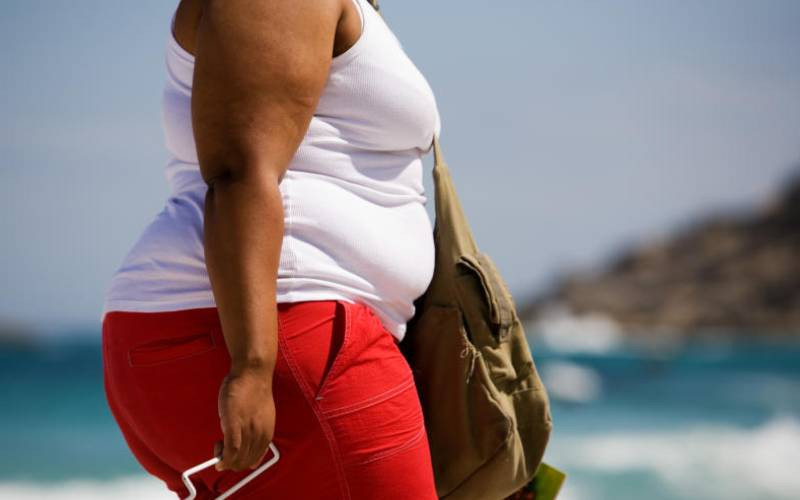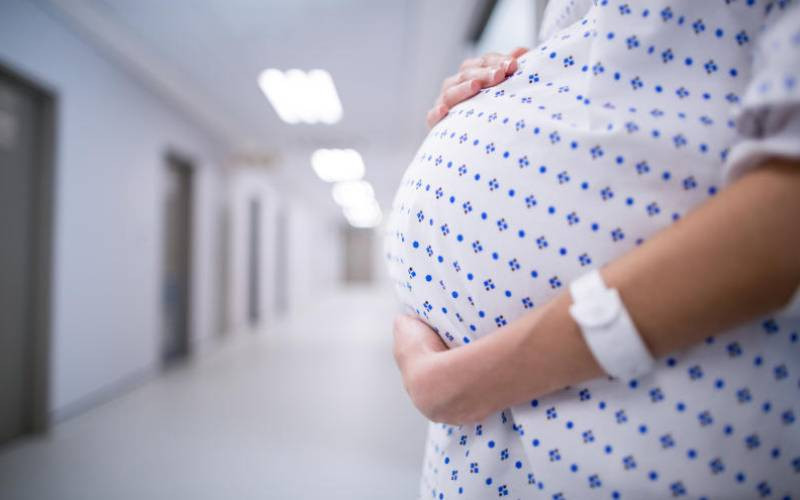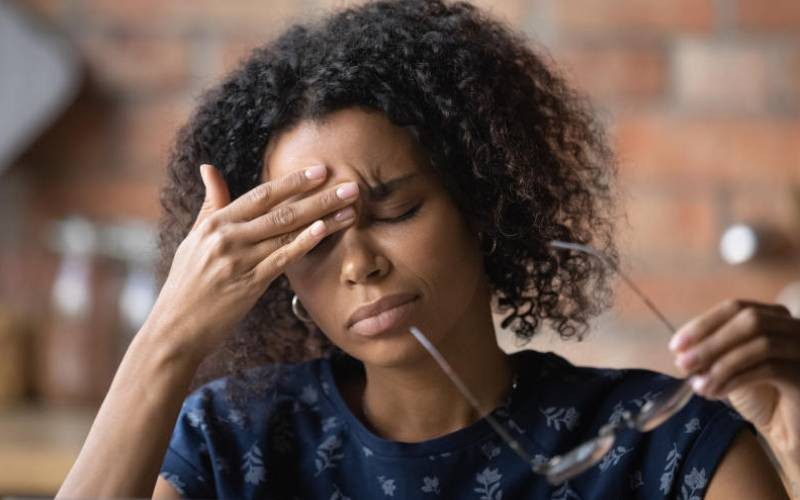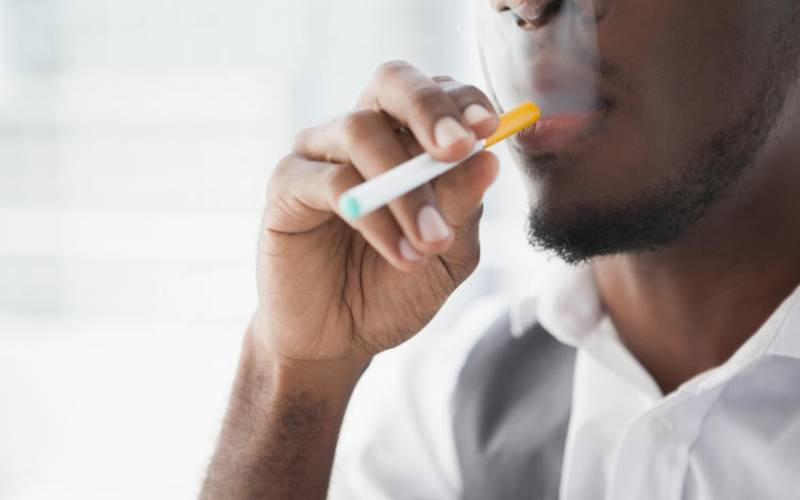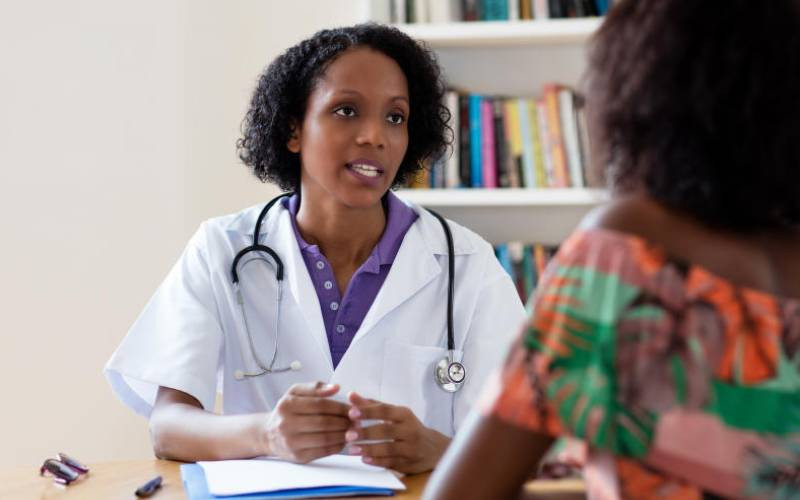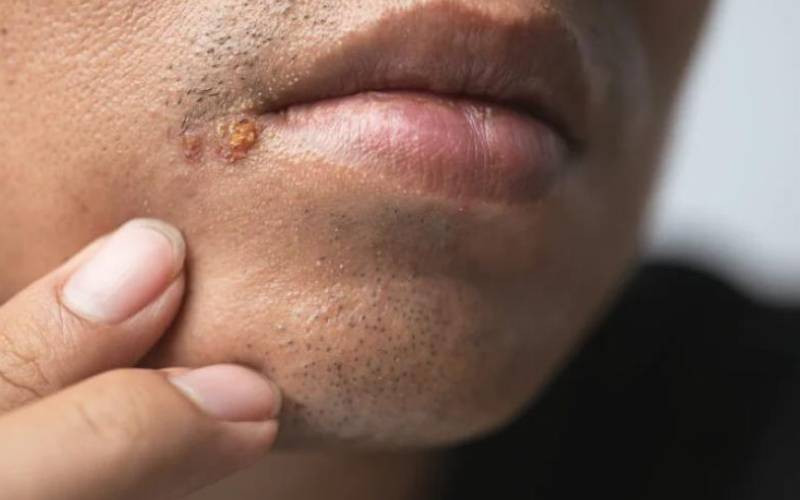
If there was a shot to ward off cancer and STIs, you’d get it, right? Well, there is one already and hardly anybody seems to want it due to the scary stories circulating on social media from other women some who have bad experiences after receiving the jab.
Vaccination against the Human Papillomavirus (HPV) has been going on for two weeks after it was launched in Mombasa. The ministry of health targets over 800,000 girls aged 10 in the vaccination that will be administered in two doses.
HPV is the most common sexually transmitted infection globally. It is usually harmless and goes away by itself, but some types have been said to lead to cancer or genital warts. HPV vaccine works by preparing the body to fight these infections.
While it has been touted as the best weapon to prevent cervical cancer, the vaccine which has been tested in many parts of the world has also been shunned for allegedly causing irredeemable side effects. In a video that received a lot of reactions on the internet, global health experts questioned the efficiency of HPV vaccine whose efficacy in preventing cancer they said is medically unproven. The video shares stories of women who have allegedly suffered serious neurological damage after they were injected with the vaccine. In Kenya, the Kenya Catholic Doctors Association’s (KCDA) has already expressed concern over the vaccine claiming it increases chances of women getting cancer.
Dr Benjamin Odongo, the Kenya Obstetrical, and Gynaecological Society (KOGS) chairperson (pictured below) answers all your questions on this super-common, super-confusing issue.
Does remaining faithful to one partner prevent women from contracting HPV?
HPV is the most common sexually transmitted infection (STI), even in monogamous relationships. Anyone who is sexually active can get HPV, even if you have sex with only one person. You also can develop symptoms years after you have sex with someone who is infected. This makes it hard to know when you first became infected.
The prevalence of HPV infection among women above 15 is high. It ranges between 14 per cent and 51 per cent, depending on the region, and increases with age. Most HPV infections are acquired within the first years of sexual activity, as demonstrated by a study of 603 college students in the United States of America in which it was found that approximately 40 per cent of HPV infections are acquired within two years of the first sexual experience.
Sexual discipline, abstinence, chastity, and faithfulness alone do not entirely take away the risk of contracting HPV infection and cervical cancer. While this is encouraged, there is a need to protect individuals before their sexual debut, as the efficacy of HPV vaccination is greatest when given to HPV-naive women.
What are the odds of getting cervical cancer if one has HVP?
HPV infection may resolve spontaneously in approximately 90 per cent of individuals and does not cause any health problems. However, in a significant number of individuals, it can cause health problems like genital warts and cancer including cancers of the anus, penis, vagina, vulva, and back of the throat (oropharyngeal). Nearly all (99.7 per cent) cervical cancers, the second most common cancer among women, are caused by HPV Infections. There is no way to know or predict whether people who have HPV will develop cancer or other health problems.

What are some of the reactions to the HPV vaccine?
The expected adverse reactions to Gardasil include pain, swelling, redness, stinging, bruising, bleeding at the injection site, and headache, fever, nausea, diarrhea, abdominal discomfort and syncope. Severe adverse reactions are rare, for instance, the risk of developing neurological symptoms is less than one case per one million individuals vaccinated. Kenya has in place a National Vaccine Safety Advisory Committee and an independent team of experts that continuously evaluates and advises the country on vaccine safety.
Gardasil, which is being given out in Kenya is said to have more serious side effects and is no longer available in the USA. What’s your take on this?
We have different types of HPV vaccine including Cervarix which covers only two strains of HPV and Gardasil which covers four types of HPV. These are HPV 6, 11, 16 and 18. HPV16 and HPV18 account for more than 70 per cent of all cervical cancer cases. Types 6 and 11 are responsible for genital warts which are not necessarily carcinogenic. So, in addition to preventing cervical cancer, there is protection against genital warts. This is based on our local studies.
What’s the cost of this vaccination drive?
This is not a commercial venture but rather a scientifically proven public health initiative to cut back on the burden due to cancer. Approximately 800,000 girls aged 10 are targeted for vaccination, with the vaccine being availed to the country at a negotiated price of Sh450 per dose. The government will finance this vaccine through existing co-financing mechanism, at Sh70 per dose. The government will spend Sh108 million and not Sh13 billion. Gavi covers the rest.
 The Standard Group Plc is a multi-media organization with investments in media platforms spanning newspaper print
operations, television, radio broadcasting, digital and online services. The Standard Group is recognized as a
leading multi-media house in Kenya with a key influence in matters of national and international interest.
The Standard Group Plc is a multi-media organization with investments in media platforms spanning newspaper print
operations, television, radio broadcasting, digital and online services. The Standard Group is recognized as a
leading multi-media house in Kenya with a key influence in matters of national and international interest.


